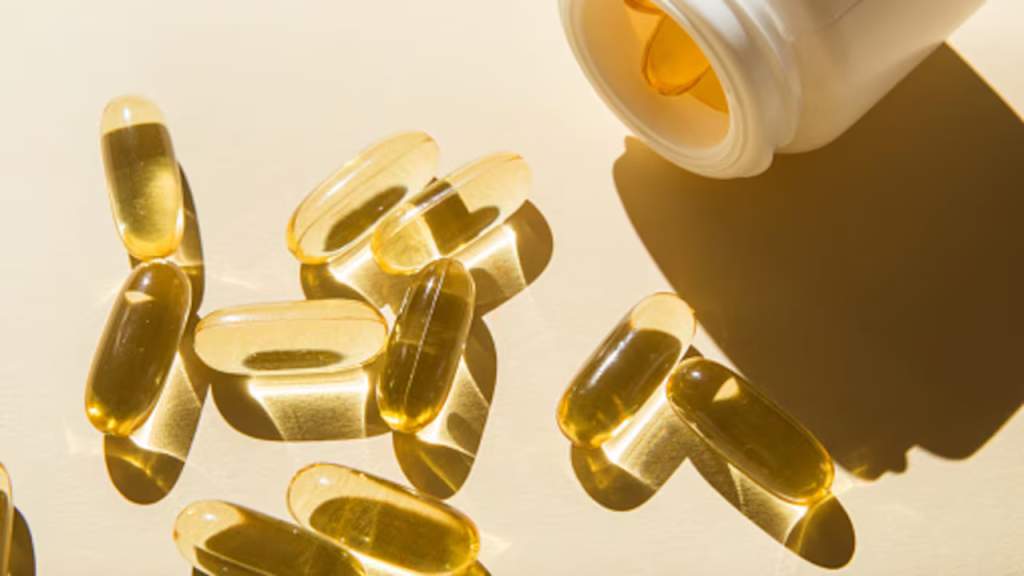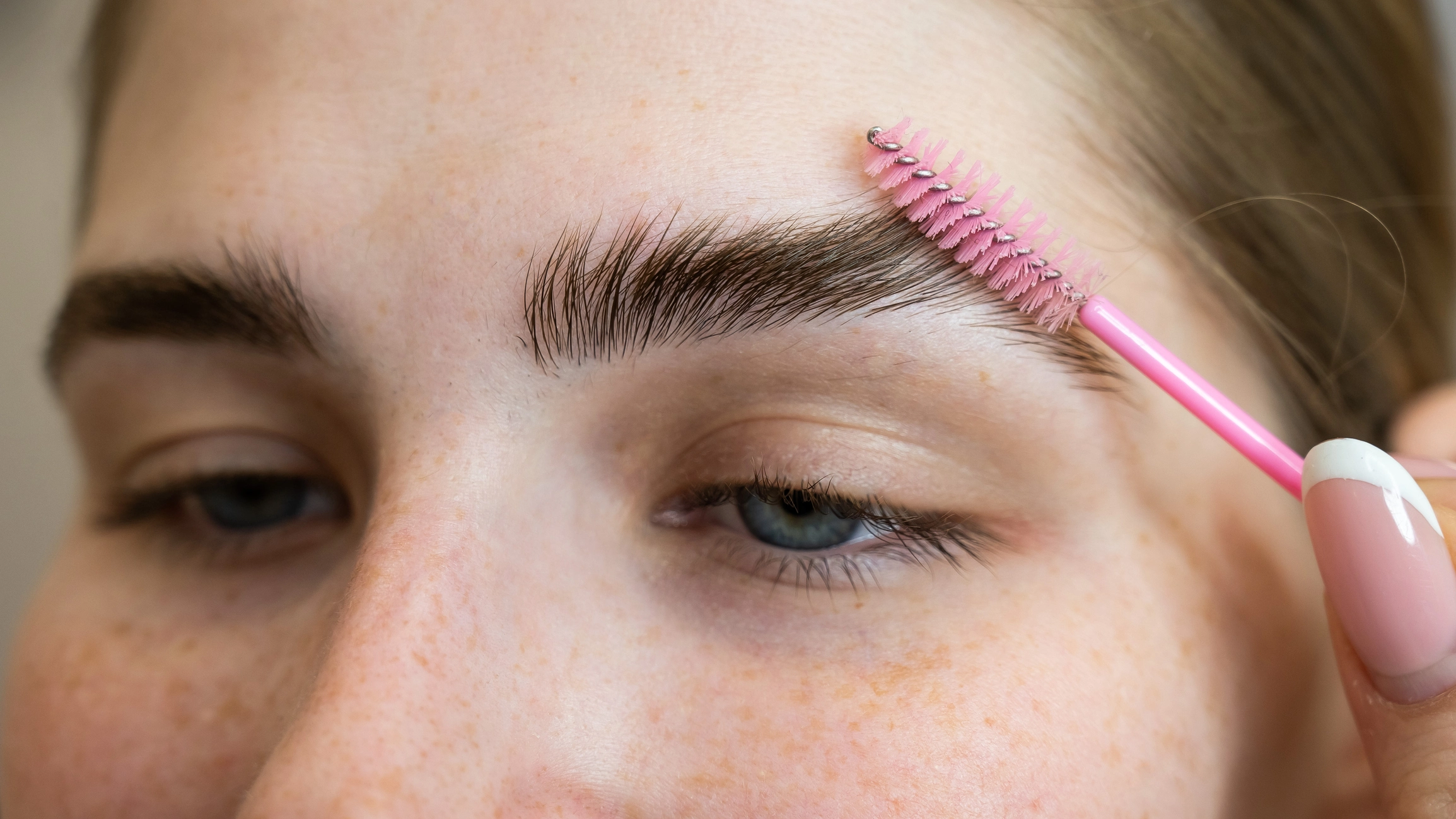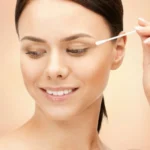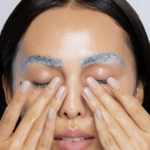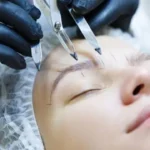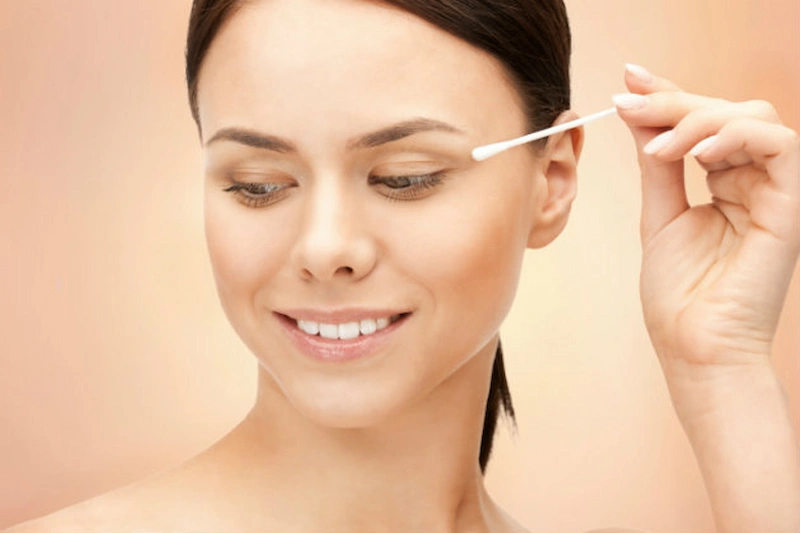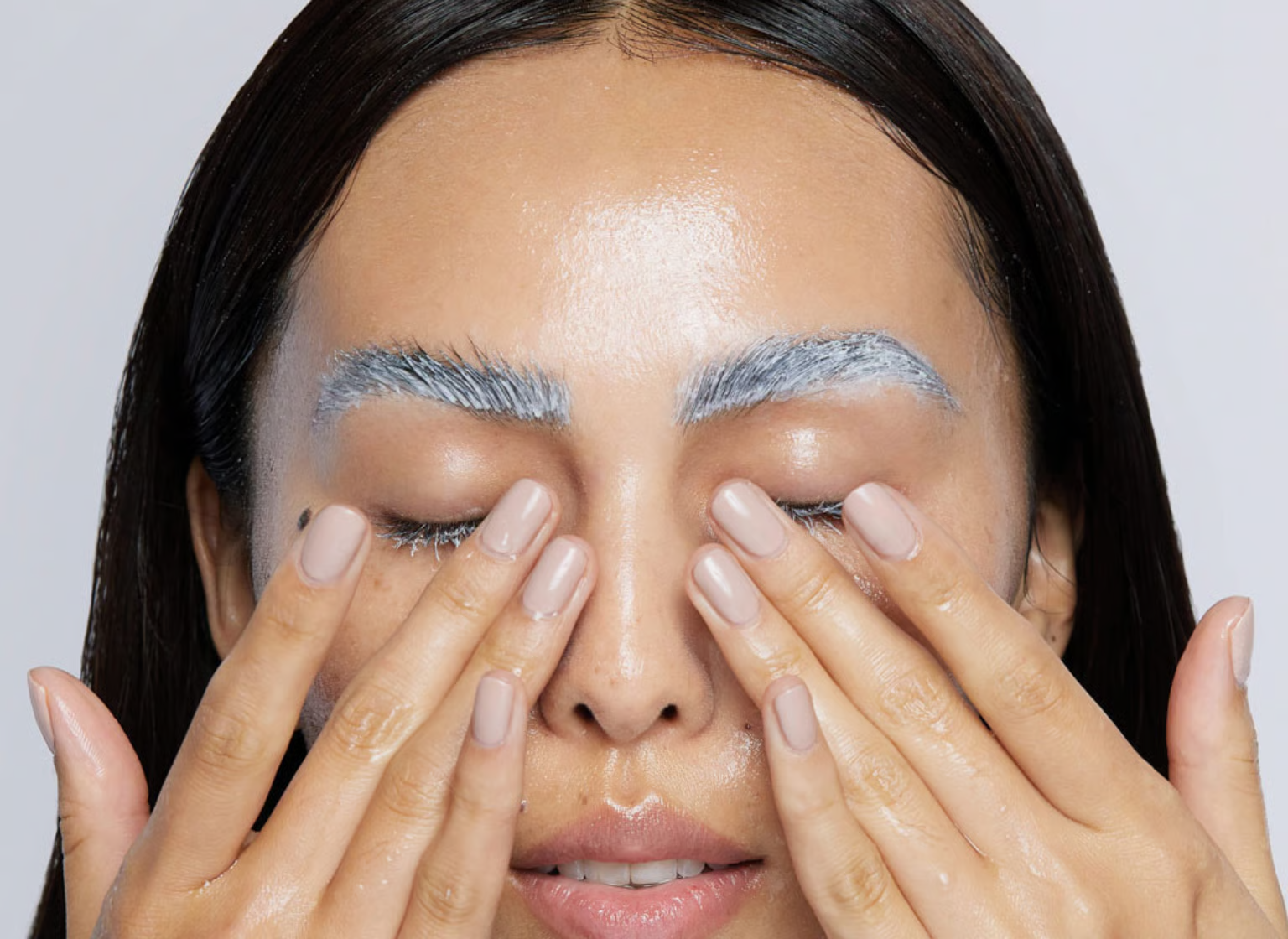Table of Contents
ToggleYes, vitamin E may help with hair growth by improving scalp circulation, protecting follicles from oxidative stress, and supporting natural oil production. Research shows that this fat-soluble vitamin can encourage hair growth and reduce hair loss, but results vary, and it is not a guaranteed cure.
Kopelman Hair specializes in advanced hair restoration, helping patients understand both medical treatments and supportive nutrients.
Dr. Kopelman explains that while vitamin E can nourish the scalp and hair and create better conditions for stronger strands, professional evaluation is important to determine the right plan for preventing hair loss or enhancing regrowth.
Key Takeaways
- Vitamin E may support hair growth by reducing oxidative stress and improving scalp circulation, but current research is limited and results vary.
- Consistent use of vitamin E—whether through diet, supplements, or topical application—typically requires several months to encourage hair growth and reduce hair loss.
- Safe use involves moderate doses, patch testing for topical treatments, and consultation with a healthcare professional to avoid side effects.
- Combining vitamin E with other nutrients such as biotin, vitamin D, and zinc can enhance overall hair and scalp health.
- Professional evaluation, like the services offered by Dr. Kopelman at Kopelman Hair, is essential to identify the underlying causes of hair loss and determine the best treatment plan.
What the Research Shows
Scientific Evidence on Vitamin E
A 2010 trial found a 34 percent increase in hair count after eight months of oral vitamin E supplementation compared with a placebo group. A 2019 review concluded that vitamin E can reduce oxidative stress and improve blood flow to hair follicles, though larger trials are needed to confirm direct growth stimulation.
Evidence Strength
Research is promising but limited by small sample sizes and short follow-up periods. Results may differ depending on genetics, overall diet, and scalp condition. Vitamin E should be viewed as a supportive nutrient rather than a proven medical treatment.
Can Vitamin E Promote Hair Growth and Help Hair Grow Faster
Vitamin E’s antioxidant properties may reduce oxidative stress, a factor linked to hair loss. By supporting healthy oil production and improving scalp circulation, vitamin E creates a better environment to encourage hair growth. The nutrient supports scalp health but does not replace medical treatments like those offered at Kopelman Hair.
How Long Before Results Appear
Visible changes often take time. Most people who respond to vitamin E notice changes in three to six months of regular use. Any benefit from vitamin E and the speed of results depends on diet, underlying health, and the cause of hair thinning.
Vitamin E and Hair Loss
Role in Reducing Shedding and Breakage
Vitamin E helps maintain the natural oil balance of the scalp and hair. This protection may reduce breakage and hair shedding caused by dryness or oxidative damage. It can also help in preventing hair loss by supporting follicle health. While vitamin E can reduce hair loss in some cases, it cannot fully stop hair loss from genetic factors.
How Vitamin E Supports Hair Health
Antioxidant Protection and Scalp Benefits
Vitamin E is a powerful antioxidant that protects cells from free radical damage. By reducing oxidative stress and improving blood flow, vitamin E may improve scalp circulation and create an environment where hair can grow more easily.
Support for Healthy Follicles
Healthy follicles are key to thicker hair. Vitamin E is a fat-soluble vitamin that contributes to cell regeneration, which supports follicle function. A balanced intake of this vitamin can help follicles stay nourished.
Using Vitamin E for Hair Growth
How to Use Vitamin E Capsules
Vitamin E capsules can be taken as oral supplements or applied topically. For oral use, choose a dose recommended by a healthcare professional to avoid excess intake. When applied to the scalp, capsules can be opened and mixed with a carrier oil, such as coconut or jojoba, to reduce irritation.
Practical Application Steps
To apply vitamin E oil safely, follow these steps:
- Mix the contents of one vitamin E capsule with one teaspoon of a carrier oil such as coconut or jojoba.
- Massage the mixture gently into the scalp for 5–10 minutes to improve circulation and oil production.
- Leave on for up to 30 minutes before washing with a mild shampoo.
- Repeat two to three times per week to avoid buildup or irritation.
For oral supplements, adults typically aim for around 15 mg per day from food or 100–200 IU from supplements, but always confirm dosage with a healthcare professional.
Vitamin E on Hair Overnight
Some people leave vitamin E oil on the scalp overnight to allow deeper absorption. Always perform a patch test first to check for allergic reactions and wash thoroughly in the morning to avoid buildup.
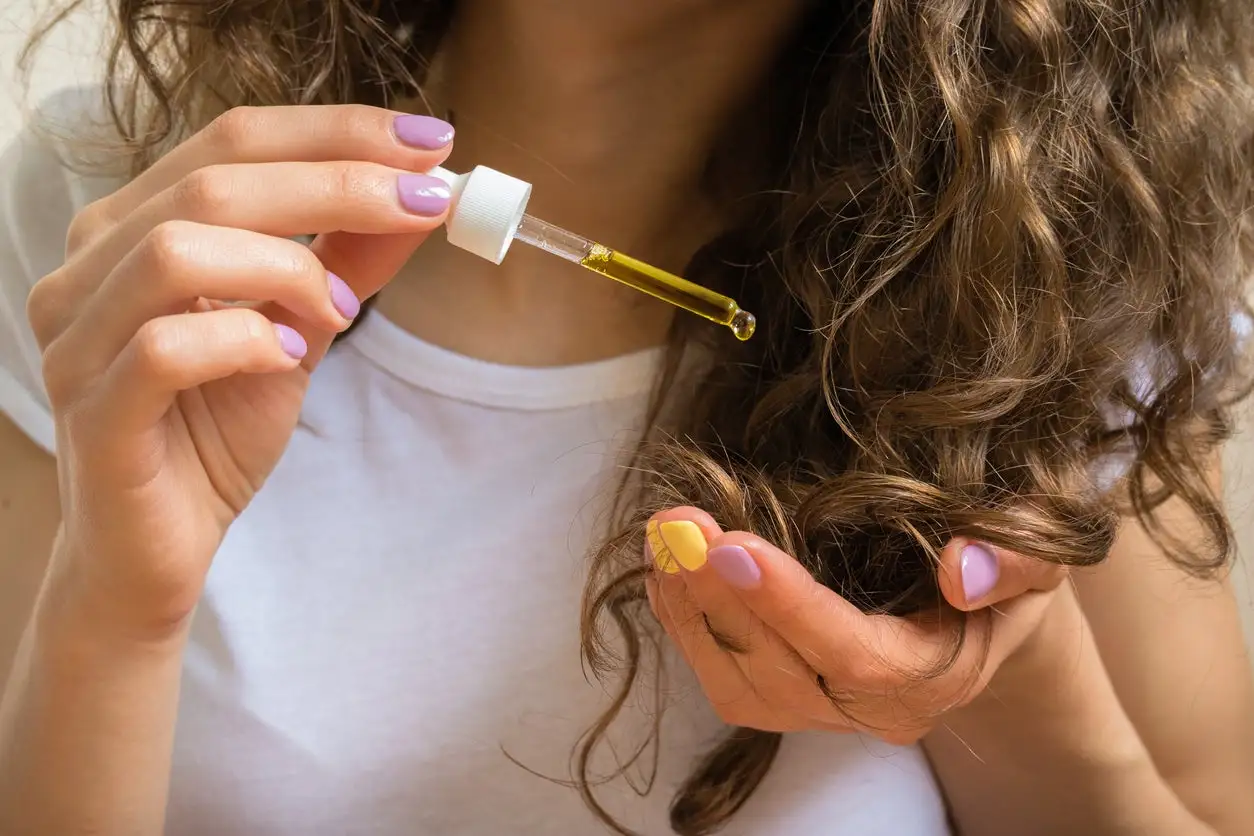
Dietary Sources and Recommended Intake
Vitamin E is naturally present in many foods. Good sources of vitamin E include almonds, sunflower seeds, spinach, and avocados. Leafy greens such as spinach and kale are particularly rich in vitamins and help provide steady intake without supplements. Adults generally need about 15 mg per day, but individual needs vary.
Quick Tips for Safe Use
- Perform a patch test before the first topical application.
- Avoid using pure vitamin E oil daily; two to three times per week is generally safe.
- Choose supplements with verified dosage information and avoid exceeding recommended limits.
- Wash hair thoroughly after overnight treatments to prevent scalp buildup.
DIY Hair Mask Option
A simple vitamin E hair mask can nourish dry strands and the scalp. Mix vitamin E oil with yogurt or aloe vera gel and apply to damp hair for 20 minutes before rinsing.
Safety and Side Effects
Vitamin E Capsule Side Effects and Safe Dosage
High doses of vitamin E can lead to side effects such as skin irritation, nausea, or headaches. People taking blood thinners should consult a doctor before using supplements. Dr. Kopelman advises patients to follow medical guidance to avoid complications and to combine vitamin E with professional hair restoration plans when needed.
Vitamin E Compared With Other Hair Nutrients
Vitamin E works best as part of a balanced nutritional plan. Other nutrients that support healthy hair include:
- Biotin – supports keratin production and hair strength.
- Vitamin D – helps regulate the growth cycle of hair follicles.
- Zinc – aids tissue repair and follicle function.
Many of these nutrients are found in leafy greens and other foods rich in vitamins and mineral content, making dietary variety essential.
Combining these nutrients through a varied diet can enhance scalp health and complement medical treatments such as those offered at Kopelman Hair.
Results and Reviews
Vitamin E Capsules for Hair Growth Reviews
Many users report improvements in hair texture and shine after adding vitamin E to their routine. While some notice less shedding, others see minimal change. Results vary based on diet, genetics, and overall health.
Tips to Boost Hair Growth
Combine With Other Nutrients
For best results, pair vitamin E with other hair-friendly nutrients such as vitamin D, biotin, and zinc. A varied diet supports overall follicle health and complements medical treatments like those offered at Kopelman Hair.
Healthy Habits for Stronger Hair
Regular scalp care, gentle hair washing, and stress management all support hair strength. Patients interested in stronger growth can also explore advanced options like hair transplant procedures, where Dr. Kopelman’s expertise ensures safe and natural results.
At Kopelman Hair, Dr. Kopelman recommends a full evaluation to identify the best combination of medical treatments and nutritional support for long-term hair restoration.
To explore personalized options and receive expert guidance, schedule a consultation with Dr. Kopelman and the Kopelman Hair team today.


